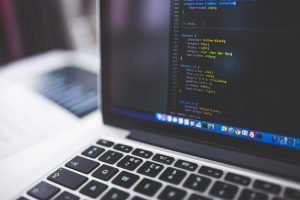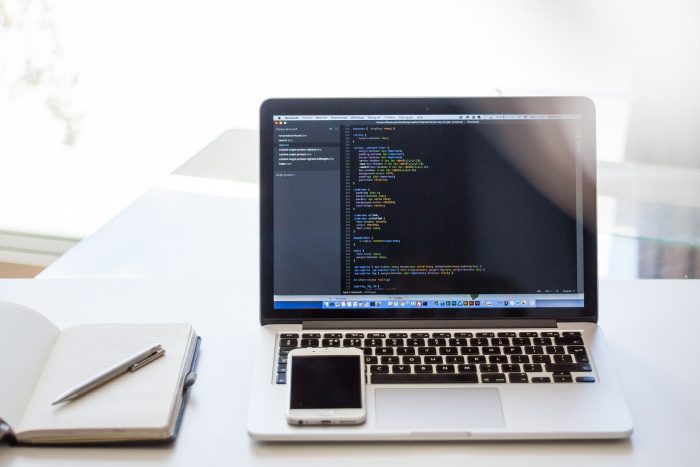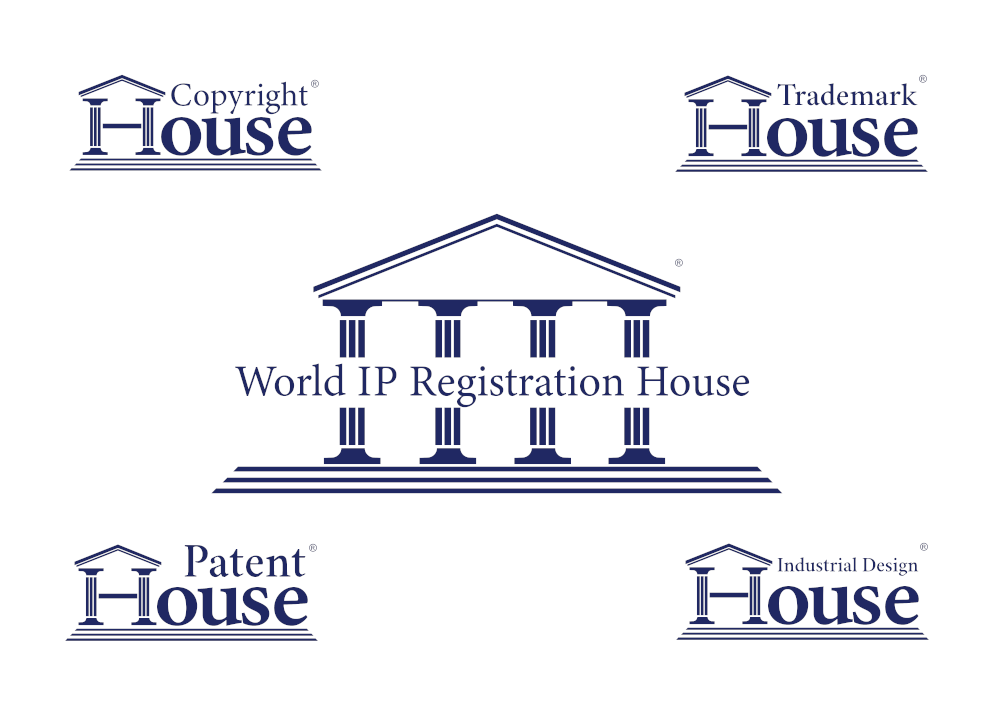Last November, we shared a post on the ongoing Google v. Oracle copyright in coding dispute.
It is a case that has sparked conversation throughout the years, and has had many software developers on the edge of their seat, waiting for results which could have the power to shape the industry.
And now, after a decade-long battle, the case has finally come to a close and the answers are here.
But first, let’s take a look back at the dispute’s tumultuous history.
Ten years in the making, the case has swung in favour of both Oracle and Google at alternating points.
It all started when Google produced their android software in 2007, but made use of a small amount of Oracle’s copyrighted code and Java APIs in the process.
For this, Oracle sued Google for copyright infringement, for which Google claimed fair use as a defence.

Google was found not to have infringed upon the Oracle owned API, but it was uncertain whether or not fair use should apply to Google’s use of the code.
In 2016, Oracle appealed this ruling with an insistence that Google should have been required by law to gain permission from Oracle before using the code. The court then ruled in favour of Oracle.
After Google filed a ‘writ of certiorari,’ the case went to the Supreme Court in 2019, but was postponed due to COVID-19.
And now, finally, the case has been assessed.
What are the results?
Google has maintained throughout the long case that fair use is the industry standard, and is necessary for the development of the software industry.
The Supreme Court has ruled in favour of Google.
This means that the court have agreed that fair use in this circumstance is an appropriate justification for Google’s use of Oracle’s code.
Google's use of the code was deemed to have been only what was necessary, especially as they created an entirely new product with the code.
This ruling in favour of the fair use defence is one that many were hoping for.
Fair use in the software industry will allow for further development, and means that creators do not have to worry that using a small amount of code and APIs may hinder their creation from being published in the future.
Disclaimer: The information given on this website does not constitute legal advice. We recommend that you seek specialist legal advice in accordance with specific circumstances



